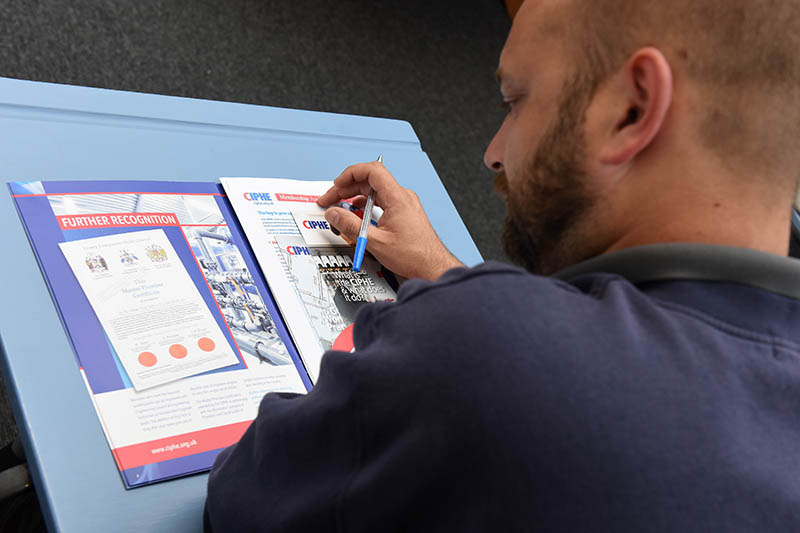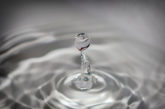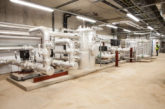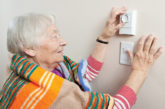
Kevin Wellman, CEO of the Chartered Institute of Plumbing and Heating Engineering (CIPHE), shares the true cost of damp and condensation issues caused by water leakage in the home.
The Local Government Association ‘Healthy homes, healthy lives’ report attributes costs of at least £2.5 billion per year in treating people with illnesses caused by poor air quality, condensation, mould spores and compromised drinking water quality, linked to living in cold, damp and dangerous homes. This could be shocking news to some, given that the UK sits third in the global wealth table, however the reality is our society has a large wealth divide and many of our most vulnerable citizens are at risk of poor health due to their homes.
Quality plumbing and heating industry services are crucial to improving the conditions of homes and standard of life. The difference a well-ventilated, plumbed and heated home can make to health and wellbeing is immeasurable. This is why the CIPHE advocates for schemes to help the water poor, and increase water efficiency in domestic properties. In fact, the CIPHE has produced various papers on water efficiency in order to promote the need to enhance public wellbeing, and is regularly outspoken on the issue with policy makers.
Cold and damp homes are a leading cause of a number of health-related issues. In fact, the NHS states that damp and mould in the home makes occupants more prone to respiratory problems, respiratory infections, allergies or asthma. Damp and mould can also affect the immune system.
While this article is primarily concerned with the risks associated with water leakage, it should also be mentioned that the presence of legionella bacteria in water can be life threatening. Legionella can cause a potentially fatal form of pneumonia, contracted by inhaling tiny water droplets. Another public health concern is hot water scalding which may be particularly harmful for the very young and old, as they are more at risk. This has been shown by recent statistics from the NHS Digital Hospital Episode Statistics for England (2019-2020), where children aged 0-14 made up 28% of finished consultant episodes, while those over 70 made up 36%. If you combine these figures, nearly 65% of burns from heating appliances afflicted children and the elderly.
All of these water issues are equally important and with enough awareness raised, the number of deaths, accidents and those contracting poor health due to poor water can be avoided.
While the reasons for water poverty, and in particular leakages, are vast, some of the challenges can be attributed to ageing housing, the quality of installations, and whether or not regular maintenance is undertaken by a qualified plumbing and heating engineer.
Leaks and dampness are generally found in older properties due to the copper pipes laid in floor screed, which was common practice in the 60s and 70s. Older systems had pipes laid in concrete which can cause the copper and joints to deteriorate over time. Leaks are very difficult to trace in these situations because the water will have spread underneath into the screed across a wide area.
There are key indicators that can point to plumbing and heating systems being the cause of condensation and damp, and qualified engineers should respond by performing a full home health check to find out. In fact, the CIPHE proposes to introduce a compliance health check to help prevent problems before they occur and ensure systems are working as efficiently and safely as possible. The health check will be similar to an MOT and will encourage consumers to have regular inspections of all their plumbing and heating systems.
For more information about the CIPHE visit www.ciphe.org.uk. For membership enquiries, contact Tim Sainty at [email protected] or call 01708 463 102











